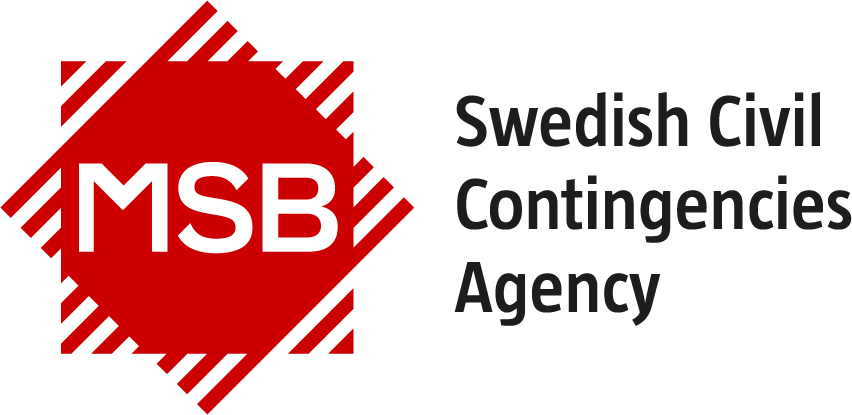Payments and cash in times of crisis
If one payment method is interrupted, it can be difficult to buy things like food, medicine and fuel. So, it’s important that you’re able to make payments in several different ways.
How to prepare
Firstly, make sure you have enough food and other necessities to last a week without shopping. This will reduce the need to make payments during a crisis. Discuss with family, friends, or neighbours what you would do if you couldn’t buy items like food, medicines, or fuel. Calculate the total cost of at least a week’s worth of these items for your family. Keep cash at home, in small denominations, for trading purposes if digital payment methods have been interrupted.
Ask yourself:
- What is my current level of home preparedness in terms of water storage containers, long-shelf-life food that doesn't require heating, medicines, etc?
- Which staple items are missing at home, and that you might need to buy during the first week?
- What are your options if your bank or payment card provider (e.g., VISA or Mastercard) is experiencing issues making it difficult for you to make payments?
- What are your options if your regular shop is experiencing problems making it difficult for you to make payments? Are there other equivalent shops, and can you get there?
- How can you help others, and who in your neighbourhood can help you
Make sure you can pay in several different ways
An important preparedness measure is to have several ways to make payments. For example, your household could:
- Open accounts with different banks, acquire cards from different payment card providers (e.g., Visa and Mastercard), and access to mobile phone payment services (e.g., Swish).
- Have several options for internet access.
- Have several ways of identifying yourself electronically (e.g., BankID and Safe Deposit Box at your bank).
- Have sufficient cash, in small denominations, for a week's worth of purchases for your household.
- Use cash occasionally to maintain your level of preparedness and familiarise yourself with how cash looks and works.
- Keep track of your payment cards and PINs in case contactless payments by card and mobile phone (i.e., “tapping” a card terminal) stop working.
The advantage of cash
Although other means of payment have become increasingly common, cash still plays an important role in society.
- It is the only means of payment that everyone can access.
- Payment doesn’t require any special technology like apps, payment cards or e-ID.
- You can withdraw and store a cash reserve at home.
- Cash is central bank currency, meaning the government guarantees its value.
- No intermediaries are required to make payments with cash.
The role of the Riksbank
Money and payments fulfil an important function in society and the Riksbank is tasked with ensuring that payments can be made safely and efficiently. The Riksbank is responsible for issuing banknotes and coins, taking banknotes and coins that are in poor condition out of circulation, and redeeming invalid banknotes. The Riksbank provides a central payment system, RIX, which banks and other financial institutions use to make payments between each other.
Under the Sveriges Riksbank Act, the Riksbank is responsible for enabling private individuals to make payments in times of crisis and war. Large parts of the payment operations are run by banks and other private businesses. According to the Act, the Riksbank may require businesses that are essential for making payments to plan for maintaining payment operations even during crises.
The content of this page has been produced by MSB in co-operation with the Riksbank.
